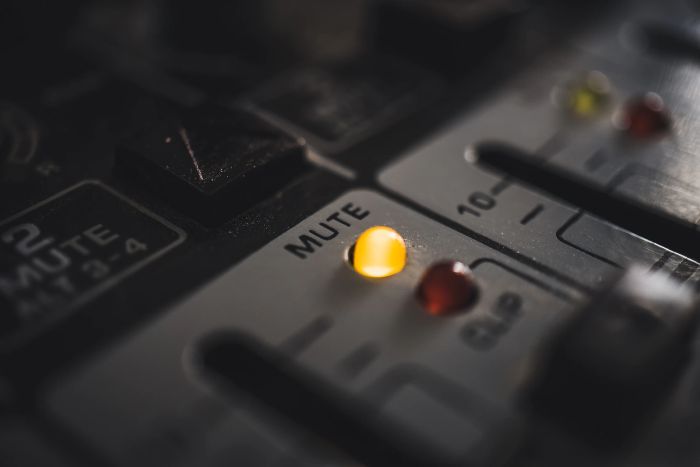
In their new study, Paromita Pain and Ezequiel Korin, of the University of Nevada, studied how self-censorship has become the internalized norm for journalists starting from 1998 under the rule of Hugo Chavez, and his ideology Chavismo.
The literature review shows how self-censorship exists as a continuum, ranging from explicit restrictions in authoritarian regimes to the New Censorship Theory: where social taboos, internalized restrictions and topic choice to benefit one’s own political side have even higher impact on press freedom.
Solidarity among journalists against the regime
Based on 25 in-depth interviews of journalists from different cities, the authors write how the journalists clearly admitted to self-censoring as a protective mechanism.
The participants wanted to emphasize how hard they worked on self-censoring speculation out of stories. However, they feared government reprisal, which was described as coming in waves. Newer generations had internalized self-censorship, knowing no other reality. Experienced journalists found other avenues to go around it.
Against the entire state apparatus of surveillance and censorship intimidating the journalists, journalists responded by choosing their fights carefully, the interviews reveal. The goal was at least to survive them, if not win.
Venezuelan journalists had a strong desire for public service, but some were skeptical of citizen journalism. Against censorship, journalists used web portals and independent news organizations for publishing. They also sent materials that could not be published in Venezuela abroad.
Strengthened by ordeals
Venezuelan journalists had to balance between maintaining contacts with the few government sources they could, and fear of government reprisal, such as calculated harassment.
Their journalistic identity remained strong, and as journalists found ingenious methods of getting their stories out while flying under government radar, they felt strengthened and more committed to their journalistic ethos.
The article “‘Everything is dimming out, little by little:’ examining self-censorship among Venezuelan journalists” was published in Communication Research and Practice and is available on the publisher’s website (free abstract).
Picture: A mute LED on a modern, digital audio mixer, by Mika Baumeister, license Unsplash